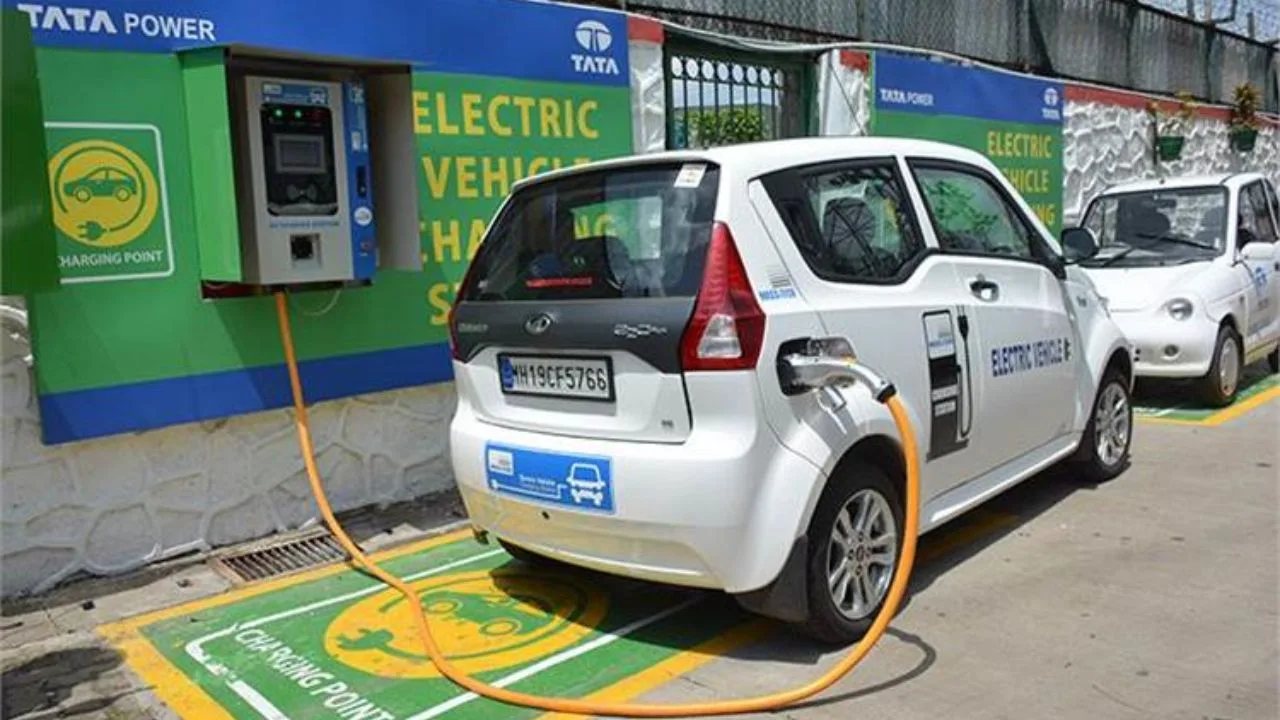Business Idea: The demand for electric vehicles (EV) is slowly on the rise in the nation. Following Tata Motors, Mahindra has also announced its upcoming strategy by introducing high-performance vehicles such as the XEV 9e and BE 6e. Ola and Honda have introduced their latest models in the 2-wheeler category as well. Setting up charging stations for all these vehicles will be necessary in order to make a substantial profit.
A possible prosperous business for future
Certainly, by setting up a charging station at your residence linked to the main road, you have the potential to generate a substantial revenue. Allow us to give you details on the expenses, revenue potential, and installation process. In electric vehicles, you are unable to quickly refuel and resume your journey within 5 minutes like at a gas station.
An electric vehicle’s battery capacity determines how far it can travel on one charge. Charging an electric vehicle with a typical home charger can take a significant amount of time if it unexpectedly stops or loses charge. In these instances, charging stations aim to rapidly charge the vehicle with a large amount of power.
How to begin
To begin with, you need to understand the different kinds of charging stations available. This is determined by the chargers’ capacity that are in place. For instance, a charger that has a power lower than 3.5 kW can still be used with a 240-volt current. This charger is compatible with any kind of electric vehicle, such as 2-wheelers, 3-wheelers, and 4-wheelers. These chargers are known as Level-1 (AC) and their installation cost varies from 15,000 to 30,000 rupees.
Charge for every unit
At the charging station, you are charged for every unit of charging used. Typically, you can ask for a fee ranging from 10 to 20 rupees per unit (kWh). If your charging station charges 300 units daily and you charge 12 rupees for each unit in this situation, your monthly income could potentially be 1,08,000 rupees.










